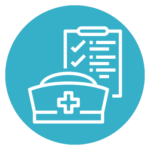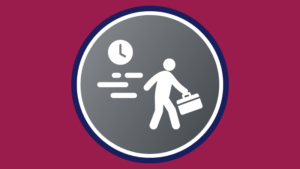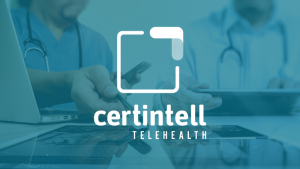Certintell’s blog series, “Industry Insights,” takes a look at what topics are buzzing with popularity in the mHealth and care management arena for Community Health Centers (CHCs), FQHCs and other community-based organizations. Here, you can explore how legislation might affect your workflows, what statistics might be preventing better patient outcomes, and tips for pushing past your biggest care barriers. Stay on top of what CHC news you should know below! This month, HRSA moves to expand the nursing workforce, CMS introduces new Medicare payment plan for prescription drugs, as well as new dementia care model.
 White House Announces $100 Million to Expand the Nursing Workforce
White House Announces $100 Million to Expand the Nursing Workforce
On August 10, the Health Resources and Services Administration (HRSA) announced that more than $100 million will be allocated to various nurse training initiatives in order to grow the nursing workforce. Positions within the nursing industry the new funding is looking to amp up include registered nurses, nurse practitioners, certified nurse midwives and nurse faculty.
Of the total monetary amount, the funds will be allocated as follows:
- $8.7 million going toward the Nurse Education, Practice, Quality and Retention-Pathway to Registered Nurse Program
- $34.8 million to the Advanced Nursing Education Workforce Program, which will aim to increase the number of nursing professionals in primary care, mental health, substance abuse disorder care, and maternal health care
- $30 million to the Advanced Nursing Education-Nurse Practitioner Residency and Fellowship Program, which will aim to support advanced-practice-nurses-in-training through comprehensive residency and fellowship training programs
- $26.5 million to the Nurse Faculty Loan Program, which will allow select schools to provide low-interest loans and loan cancellation to students in order to incentivize individuals to consider a nursing career.
CMS Hosts First Health Equity Conference 
In late July, the Centers for Medicare and Medicaid Services (CMS) hosted its first health equity conference in Washington, D.C. covering a wide range of diversity and inclusion discussions. The conference featured discussions on innovative strategies and policies to advance health equity and ensure access to quality care for all individuals.
Those who weren’t able to attend in person or watch the live version online can catch up with CMS’ featured playlist on Youtube.
 CMS’ New Program to Allow Medicare Beneficiaries to Pay Prescription Drugs Out-of-Pocket in Monthly Payments
CMS’ New Program to Allow Medicare Beneficiaries to Pay Prescription Drugs Out-of-Pocket in Monthly Payments
The Centers for Medicare & Medicaid Services (CMS) has introduced draft guidance outlining a novel initiative allowing Medicare beneficiaries to manage their prescription drug expenses through monthly payments, addressing the challenges of high upfront costs. The program, which comes as part of changes to Medicare Part D, seeks to enhance flexibility for beneficiaries in handling prescription drug expenses.
The draft guidance issued on August 21, aims to help Medicare Part D plan sponsors and pharmacies prepare for successful implementation. Eligibility criteria, enrollment procedures, and qualifying prescription medications are all detailed in this draft guidance.
CMS is accepting public comment until September 20, which will be considered during development of the final guidance, hopefully issued in early 2024.
CMS Announces New Medicare Dementia Care Model 
On July 31, The Biden-Harris Administration unveiled the Guiding an Improved Dementia Experience (GUIDE) Model, an innovative initiative aimed at enhancing dementia care and support for Medicare beneficiaries and their caregivers.
Under this model, CMS will pilot an alternative payment for caregivers, including person-centered assessments and care plans, care coordination and access to a 24/7 support line. Caregivers and dementia patients will also have access to a care navigator, who will help access clinical and non-clinical services needed for their everyday health and wellbeing. Caregivers who participate in the model will be given access to respite services, which will allow them to take temporary breaks from their duties.



